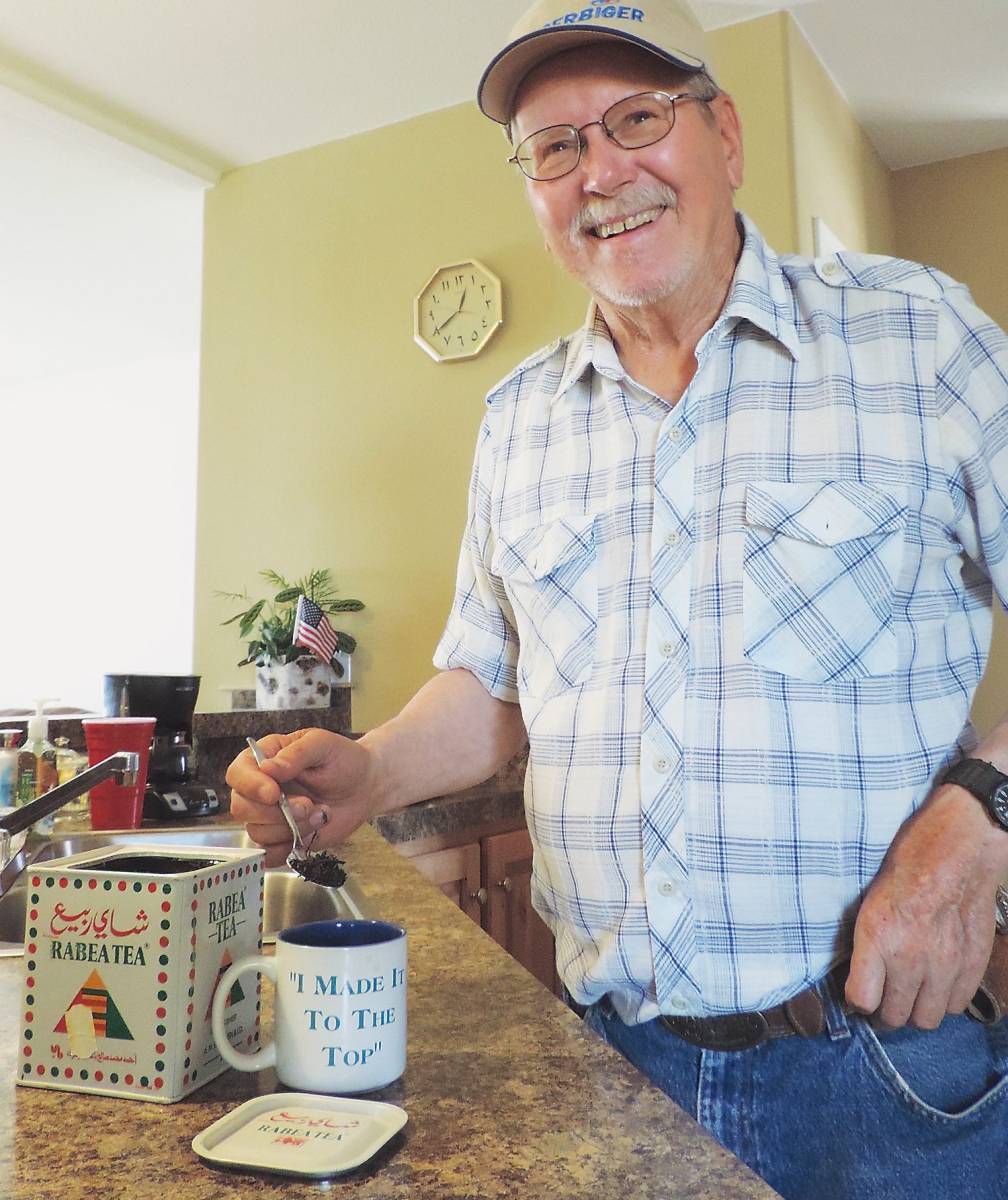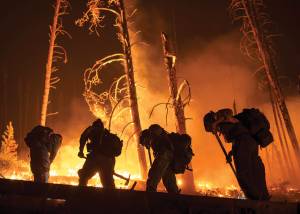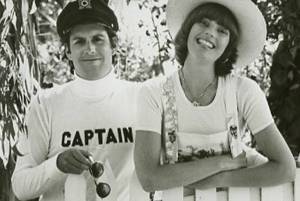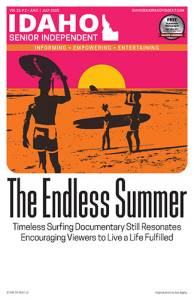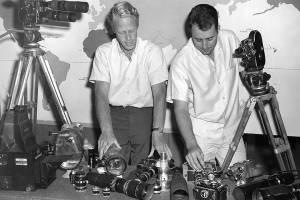By DIANNA TROYER
Retired electrician Richard Kossman said he was fortunate to have worked in northern Iraq, touring cultural sites there before they were destroyed by millitants. In 1990, the Malta, Idaho, native was based in a Syrian border town, Rabia, about 70 miles northwest of Mosul.
He and 10 other US residents were hired as supervisors for the North Jazira Irrigation Project, where they helped local employees assemble a linear irrigation system to water barley fields.
“I was lucky my six-month contract ended when it did because I left on June 29, and Iraq invaded Kuwait on August 2,” recalled Koffman, 72. “It was an experience of a lifetime.” He added he wouldn’t have missed for the world, but said he would never go back. “I’m glad I was able to see some amazing archaeological sites before ISIS took control and destroyed them,” he said.
The extremist Islamic State of Iraq and Syria (ISIS) overran Mosul in June 2014 and destroyed many archaeological sites, claiming them to be examples of idolatry.
Kossman’s unpredictable workdays often gave him and other supervisors time to tour the country. He visited Nineveh on the banks of the Tigris River near the outskirts of Mosul. Nineveh, one of the oldest cities in the world, settled as early as 6000 BC, is where the Biblical prophet Jonah is said to have preached. In February 2015, ISIS militants blew up part of a 2,700-year-old wall surrounding Nineveh.
Another time Kossman toured the ruins of another of the most famous cities of antiquity, Babylon, 52 miles south of Baghdad.
While learning about historical sites was fascinating, Kossman said his workdays were often frustrating.
“We assembled irrigation lines, but none of them ever ran. During my last month there, we’d put one together, and overnight someone would steal parts, like the pipe bracing and the drive shafts.”
He adjusted to the Muslim philosophy of “Bukra Inshallah” about getting things done. “It means ‘Tomorrow, God willing’ and is just part of their culture.”
In 1988-89, he supervised the installation and maintenance of irrigation pivots in wheat fields near Hail in north central Saudi Arabia. They planted grain in January and harvested in May. He eventually left that job for some contract work for Valley Irrigation Iraq.
In hindsight, Kossman said a series of unpredictable events led him to the Middle East. He had worked 10 years in southeastern Idaho as an electrician for Golden West Irrigation, wiring and servicing pumps and pivots.
During a downturn in the ag economy, he was looking for a new job and happened to read a Boise newspaper that listed a pivot technician job with Zimmatic in Lindsey, Neb.
“What if I hadn’t read the paper that day? I called, and they told me the job was in Saudi Arabia. I like to investigate new things, and the pay was good, so I thought I’d give it a try.”
After his contract in Iraq ended, Kossman returned home to Idaho. He and his wife, Nancy, relocated to Tacoma, where she enrolled in a court reporting school. Kossman found a job working as an electrician at a company that made plastic bottles.
“We thought we’d be there two years, and it ended up being 16 years,” he said.
After he retired in 2009, the couple bought a home north of Malta from one of Kossman’s former co-workers.
“We can look across the field and see the house where I was born. It’s great to be back home. I love to fish, and there are so many places to go within 100 miles of here,” he said.
Whenever he watches TV, he is reminded of his Middle Eastern adventures. “It’s a fascinating part of the world and definitely a place I wouldn’t want to be right now.” ISI

